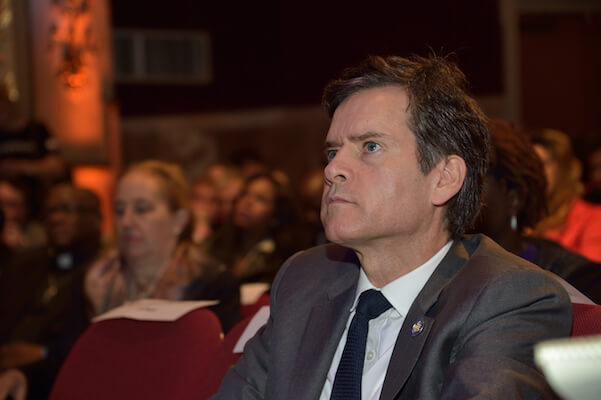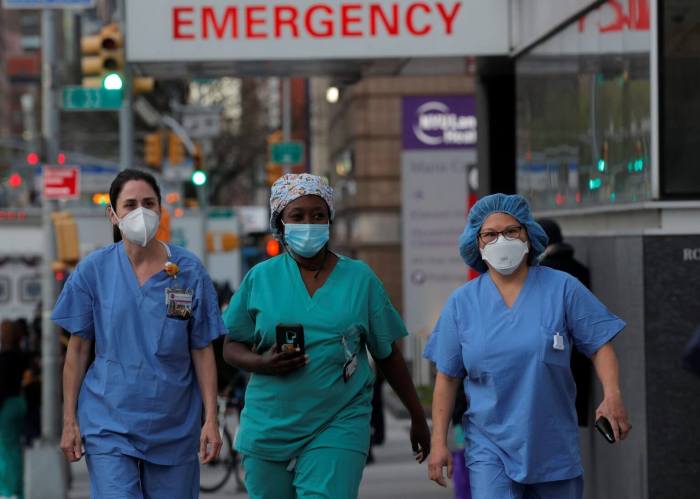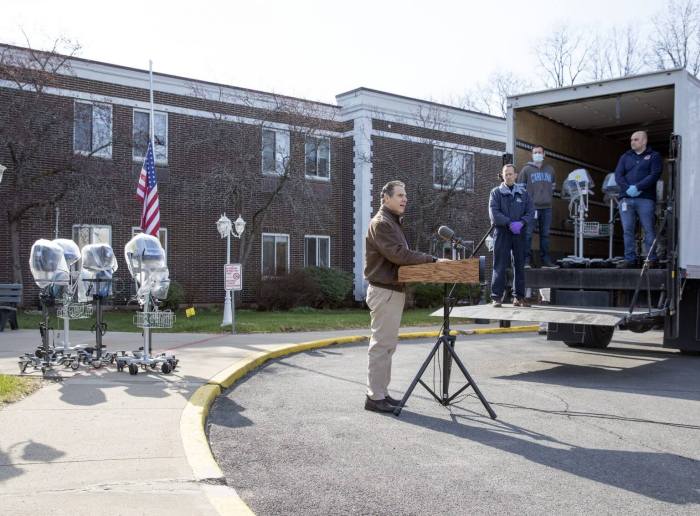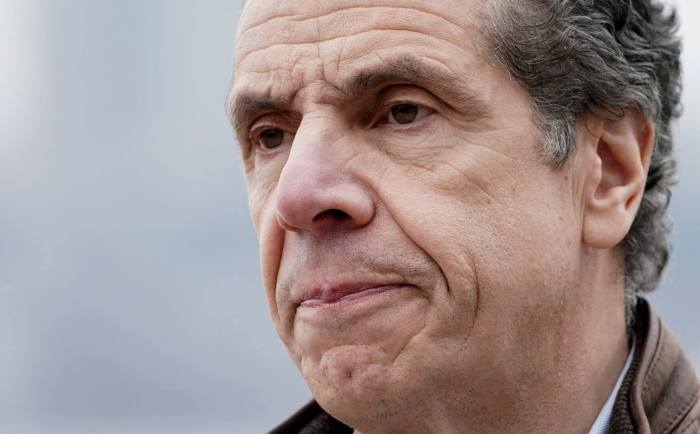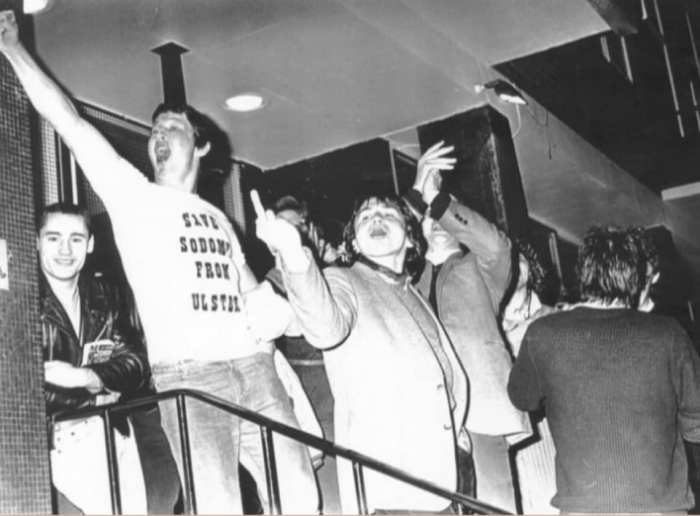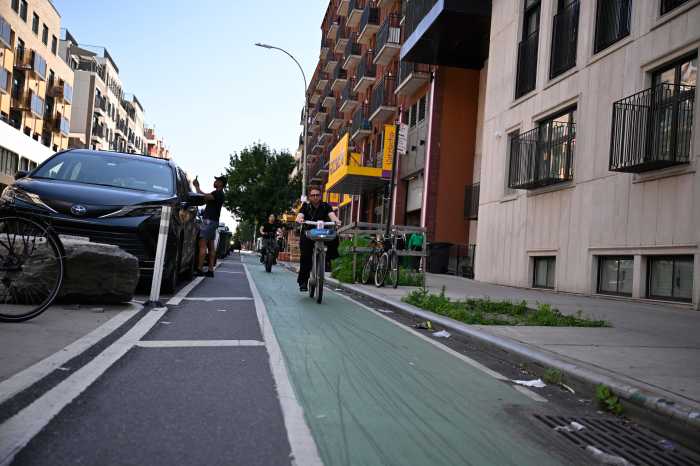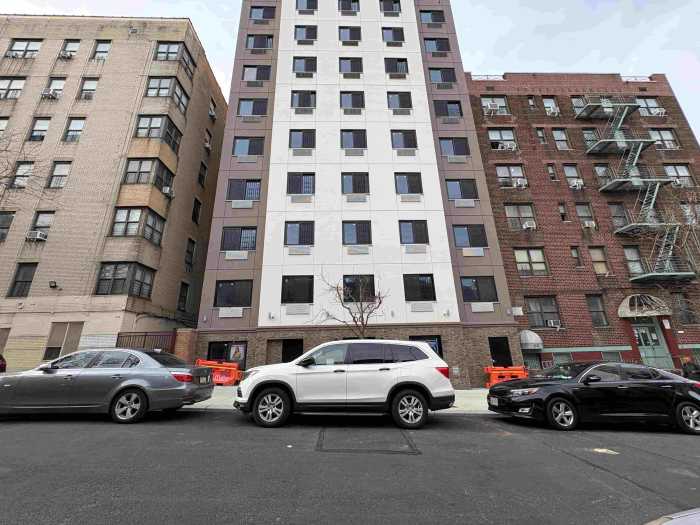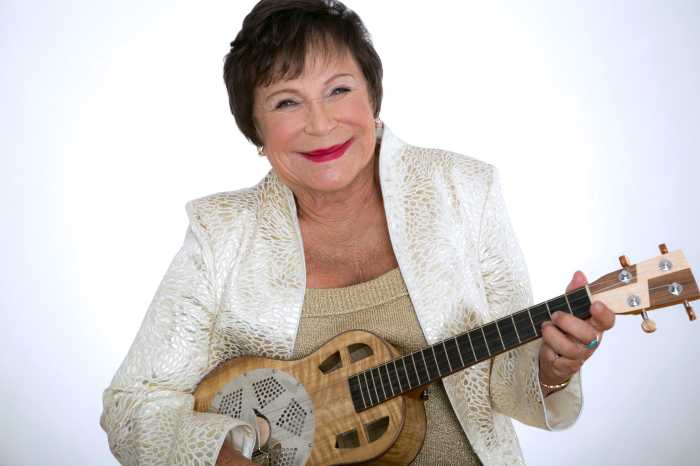Out gay State Senator Brad Hoylman of Manhattan is spearheading legislation that would require the New York State Department of Health to gather information about the sexual orientation and gender identity of people diagnosed with COVID-19.
The proposal follows a related initiative underway in New York City, where the city’s Department of Health and Mental Hygiene has announced that individuals taking antibody tests are now being asked about their sexual orientation and gender identity.
The dual campaigns could help provide important insight about the impact of coronavirus on the LGBTQ community in the wake of other data showing COVID-19-related disparities emerging on the basis of race, income, and neighborhood, among other demographic factors.
City, state looking at crucial task of measuring coronavirus impact on community
“It is important that we get as much information about the impact of COVID on the LGBTQ population because at the moment we don’t really know,” Hoylman said in an interview with Gay City News. “Our community has been neglected in terms of statewide data collection.”
If the state is not equipped with that information, Hoylman stressed that it would be difficult to make decisions on how to best serve the needs of the community.
A city health department spokesperson told Gay City News that the city has started to collect data on the sexual orientation and gender identity of patients they are interviewing and officials are working to improve that collection for COVID-19 surveillance, though the city would not provide details on those statistics thus far because the sample size is too small. The city’s data collection effort is being conducted via case interviews and “serosurveys” conducted by the city and the Centers for Disease Control and Prevention, city health officials said.
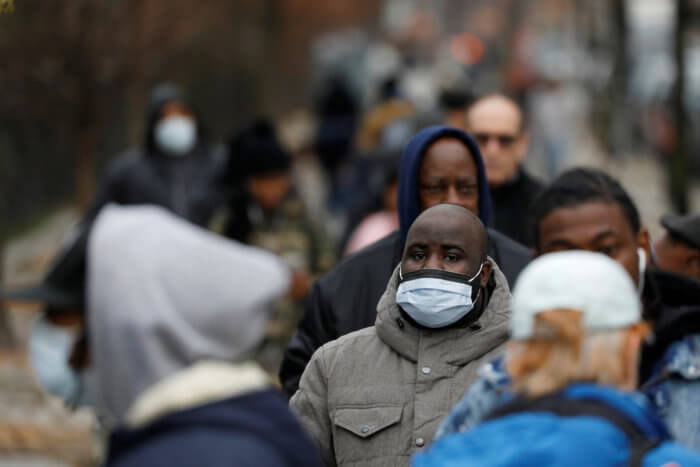
“The NYC Health Department has worked diligently in its work before this pandemic and now in the age of COVID-19 to capture sexual orientation and gender identity data to make sure these communities are seen and heard in the data,” Dr. Demetre Daskalakis, the deputy commissioner for disease control at the city health department, said in a written statement to Gay City News.
How exactly the data will be collected by the state, however, is not clear. Hoylman deferred many of the questions about the data collection process to the state health department because that agency would be the one tasked with gathering the information. Hoylman suggested that the information could be gathered via survey or at the point of care.
“They would be voluntary questions, but as with most identifying information it would require people to be forthcoming about their sexual orientation or gender identity and it would have to be done in a sensitive manner,” Hoylman said, emphasizing that privacy would be protected.
The state health department did not answer a series of questions from Gay City News seeking answers to how the data would be collected, citing a policy that the department does not comment on pending legislation. Spokesperson Erin Silk acknowledged that the state is “collecting data for transgender and gender non-conforming individuals through our antibody testing and sampling program,” but specific details about that were not disclosed.
In New York City, at least, it is possible that the city’s data on those who previously had coronavirus could complement the state’s data sets on those who currently have coronavirus. LGBTQ data collection efforts are just now ramping up more than two months after the virus started ravaging the New York region.
Some other states, such as Pennsylvania and California, have already embarked on similar initiatives in recent weeks. Governor Tom Wolf of Pennsylvania announced on May 13 that he asked the state’s third-party data collector, SaraAlert, to modify its data collection platform to include sexual orientation and gender identity information from six state health information organizations as part of the state department of health’s work to conduct “extensive case histories investigations.”
A related push is underway in California’s State Legislature, where State Senator Scott Wiener of San Francisco introduced a bill earlier this month requiring state and county health officials to collect sexual orientation information of those who test positive for coronavirus. To this point, only gender identity was being tracked among cases in that state.
On a broader, nationwide level, more than 100 members of Congress — 18 senators and 81 representatives — delivered a letter to the Trump administration’s Department of Health and Human Services in a bid to push the federal government to collect information on sexual orientation and gender identity of people with COVID-19. The lawmakers emphasized to HHS that the data is necessary to identify the disproportionate impact the virus has had on the community. Otherwise, the lawmakers wrote, “it is difficult to provide quality care and solutions.”
Even during the data collection process, however, there could be significant gaps in the numbers. It is not clear, for example, whether it is possible to arrive at a reasonable ballpark figure for the COVID-19 death toll among LGBTQ people — an important metric that would help provide a snapshot of those in the community who have experienced the brunt of the health disparities stemming from the crisis.
It has already been established that queer individuals face health disparities. Human Rights Campaign data has shown that LGBTQ adults disproportionately lack health insurance, live in poverty, and avoid going to doctors due to cost. A whopping 37 percent of queer adults smoke daily and 21 percent have asthma, according to HRC’s data.
“We’re not counting anything in terms of LGBTQ impact,” said Hoylman, the only out LGBTQ member of the State Senate, said of the current state of play. He voiced a sense of frustration that he has on multiple occasions had to advocate for LGBTQ data collection at times when the community has been left out.
“I’ve had a number of LGBTQ data collection bills in the past,” he said. “This is another example of how we need to understand the facts here.”
Understanding the facts is indeed of particular importance at a time when the sudden emergence of the coronavirus pandemic gave medical experts little time to develop a comprehensive understanding of the health effects of the illness. Families have been confronted with that sobering reality in recent weeks amid an outbreak of a multi-system inflammatory syndrome among children that experts believe is linked to coronavirus.
“There might be long-term consequences that we don’t understand,” said Hoylman, whose district includes the West Side of Manhattan, Midtown, and the East Village. “It seems every week we are learning something new about it.”
The state senator expressed confidence that his colleagues in the Legislature would support his bill, though a timeline on consideration of it is not clear. He and others are hopeful that the undertaking can begin sooner rather than later considering that the community has to date been left out of the discussion surrounding COVID-19.
“While [COVID-19] doesn’t discriminate, it does impact certain communities differently and we want to know that the LGBTQ community is included,” he said.
To sign up for the Gay City News email newsletter, visit gaycitynews.com/newsletter.

